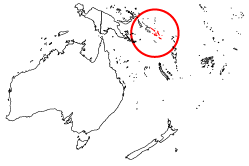
About 12.7 percent of the population in the Solomon Islands lives below the poverty line. Roughly 20 to 25 percent of youth in the country never attend primary school with 30 percent of those attending, never completing. Limited access to education and an adult literacy rate of less than 35 percent perpetuate the cycle of poverty from generation to generation.
Eighty-four percent of Solomon Islanders reside in rural areas and rely on subsistence farming for their livelihoods. Access to health and other social services is very limited and the poor to non-existent access to reliable transport, electricity and telecommunications infrastructure compounds already challenging economic conditions. With the majority of youth living in remote areas with limited educational and employment prospects, overcoming poverty is an uphill battle.
Salesian missionaries provide primary and secondary education as well as technical training and workforce development to poor youth in the Solomon Islands. In addition, missionaries provide supportive social development services to help youth meet their basic needs so they can focus on their schooling. Salesian missionaries live and work in the communities they serve so they are perfectly positioned to respond in times of crisis and ensure that aid reaches those most in need.
Salesian missionaries in Gizo, the capital of the Western Province in the Solomon Islands, launched the new St. John Bosco Primary School to educate 205 students from first to fifth grade. The new school has six classrooms and a multipurpose room as well as three houses for school staff. The construction project also included a cemented path, enabling children to walk free from injury to and from the buildings.
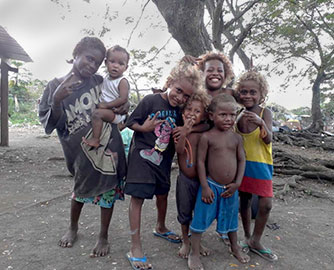
The Salesian-run Don Bosco Rural Training Center in Tetere Bay is working to bring educational and workforce development opportunities to poor youth in rural areas. Programs at the center help youth gain a basic education as well as the vocational or technical skills needed to find and retain employment.
More than 200 young men and women are enrolled at the school to learn farming and other high demand trades. Courses are offered in planting and care of crops such as rice, corn, vegetables, root crops and fruit trees, as well as basic fish farming and forestry. There are also courses in basic mechanics, carpentry, electrical work, computer skills and dressmaking. In addition, literacy and music classes are available in the evening.
The Don Bosco Technical Institute Henderson, located in Honiara, launched a new project in 2019 to provide education to children living near the Ranadi dumps, east of Honiara. The families who live there have high rates of poverty, unemployment and illiteracy. They work mainly collecting materials that can be recycled.
Children very often work with their parents, which prevents them from regularly attending school and receiving adequate education. Because of the work, the sanitary conditions for these children and their families are precarious and compromising to their health.
Since March, Salesian missionaries have been teaching courses to children between 4 and 13 to read and write, and to refine their calculation skills. Upwards of 70 students attend these lessons. Courses are also organized for older children who want to specialize in welding or manufacturing, or in the hotel sector. To date, there have been about 25 applications to participate in these lessons.
The project is also aimed at raising awareness among parents, so that they understand the importance of giving their children a proper education and are motivated to send them to school instead of working in landfills.
In order to help the families replace the income that the children made while working, the Don Bosco Technical Institute has also created a program aimed specifically at the mothers. Mothers may use the institute’s land to grow vegetables, which they can then sell back to the market.
On Jan. 28, 2017, a 5.2 magnitude earthquake shook the western region of the Solomon Islands, leaving houses destroyed and affecting Salesian programs. Earthquakes of such magnitude are common in the region, which sits on what is known as the Pacific “Ring of Fire,” a hot spot for seismic activity due to friction between tectonic plates. In Nila (Shortland Islands), the Salesian kindergarten and local water system were completely destroyed. Salesian missionaries sought funding to rebuild their programs and help the local community. Salesian Bishop Luciano Capelli reported that 63 houses in local villages, built with traditional materials, were damaged and have been rebuilt.
From Solomon Islands

From Solomon Islands
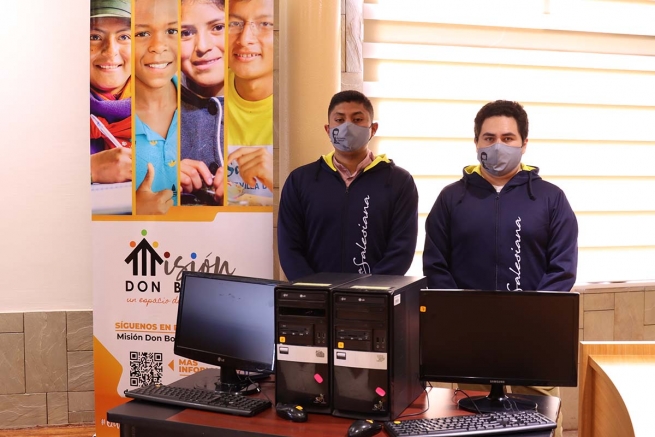
Salesian Missions highlights educational initiatives that ensured youth continued their education during the pandemic. NEW ROCHELLE, NY (Sept. 8, 2021) Salesian Missions, the U.S. development arm of the Salesians of Don Bosco, joi
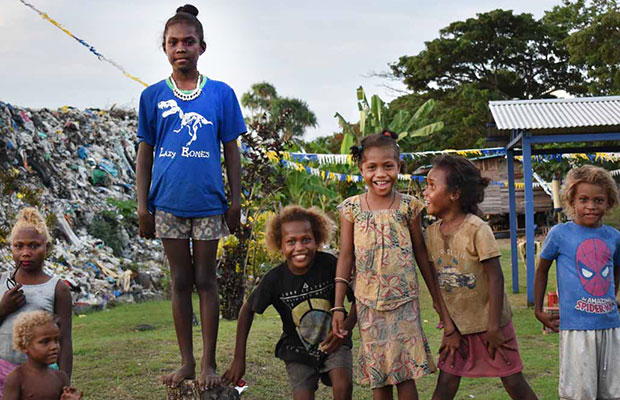
In the poverty-stricken community of Ranadi, a suburb of Honiara in the Solomon Islands, overcoming economic adversity is an uphill battle for families—one often fought, and lost, in the trash heaps of the local landfills. For s
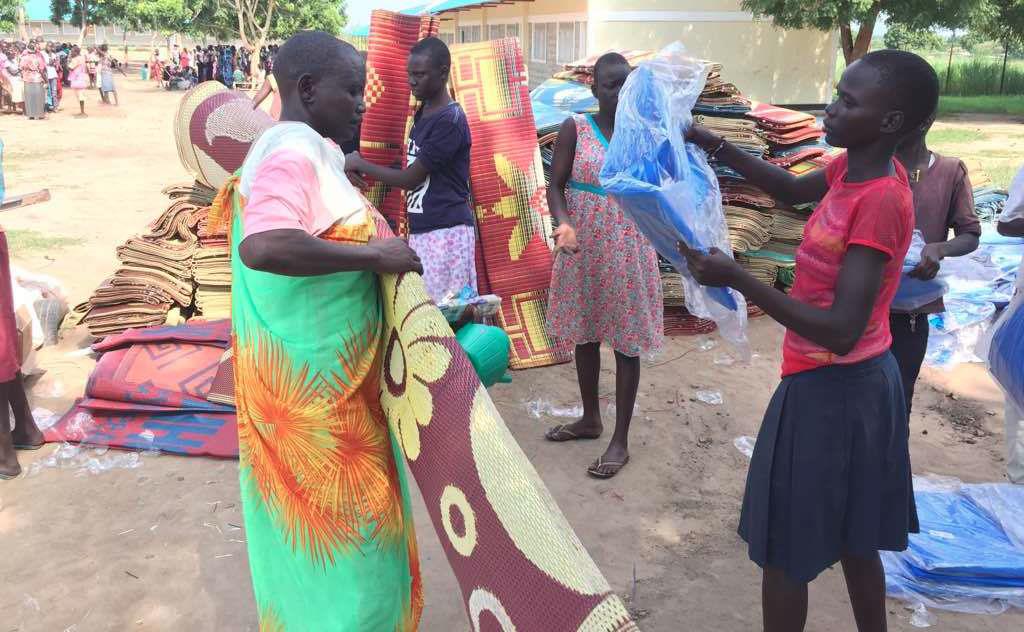
Salesian missionaries are working in more than 130 countries around the globe, bringing poor youth and their families education, workforce development and social programs. NEW ROCHELLE, NY (Sept. 5, 2020) Salesian Missio
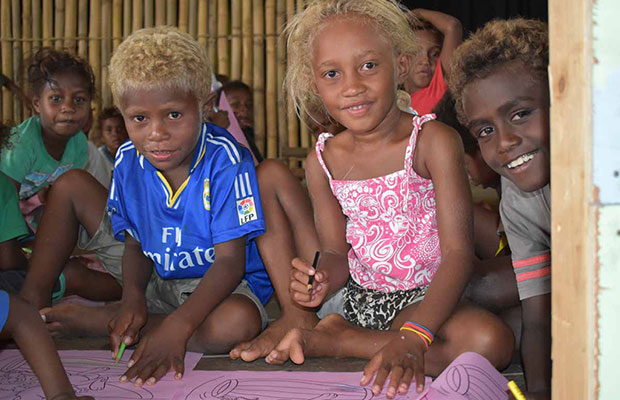
In the poverty-stricken community of Ranadi, a suburb of Honiara in the Solomon Islands, overcoming economic adversity is an uphill battle for families—one often fought, and lost, in the trash heaps of the local dumps. Destitute

Programs in Brazil, El Salvador, India, and the Solomon Islands illustrate the work of Salesians around the globe who focus on ensuring youth have access to literacy education. NEW ROCHELLE, NY (Sept. 8, 2019) Salesian Missions, t

GIZO, Solomon Islands Jan. 8, 2019 Known as the “flying bishop” of Solomon Islands, Bishop Luciano Capelli visits Catholics across dozens of islands by piloting a small airplane he also uses to deliver food and medicine. Capel
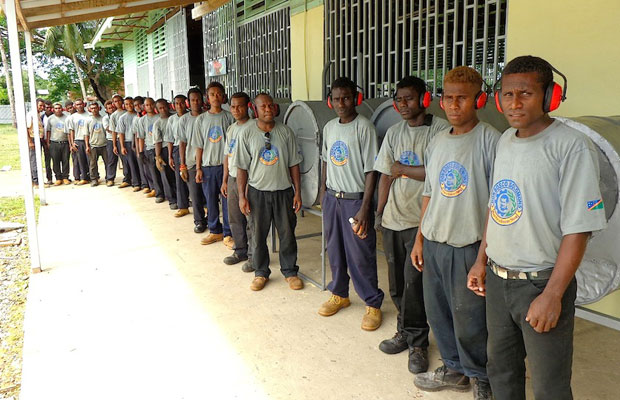
More than a decade ago, the film character Trevor McKinney “invented” a bold new idea: the act of paying good deeds forward. Today in the capital city of Honiara, Solomon Islands, students at the Don Bosco Technical In
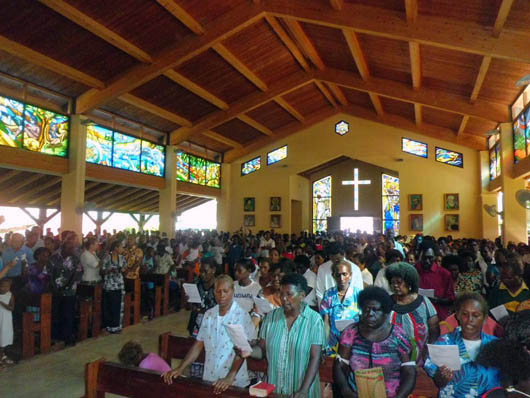
It has been a challenging five years since an earthquake and resulting tsunami struck the Solomon Islands, wiping out at least 13 villages and leaving children and families without food, water and shelter. Amidst the relentless su
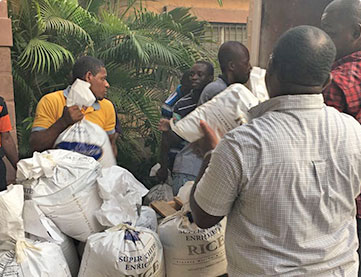
Salesian Missions includes agriculture in its vocational training programs – to ensure that youth of Rwanda learn better agricultural practices as well as keep the school self-sustaining in the face of the country’s food shortages.
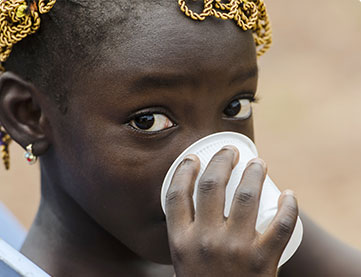
Salesian Missions includes agriculture in its vocational training programs – to ensure that youth of Rwanda learn better agricultural practices as well as keep the school self-sustaining in the face of the country’s food shortages.
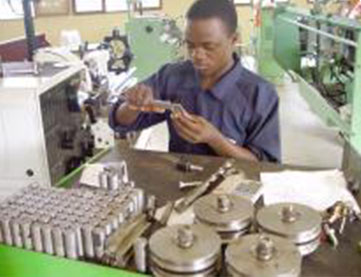
Salesian Missions includes agriculture in its vocational training programs – to ensure that youth of Rwanda learn better agricultural practices as well as keep the school self-sustaining in the face of the country’s food shortages.